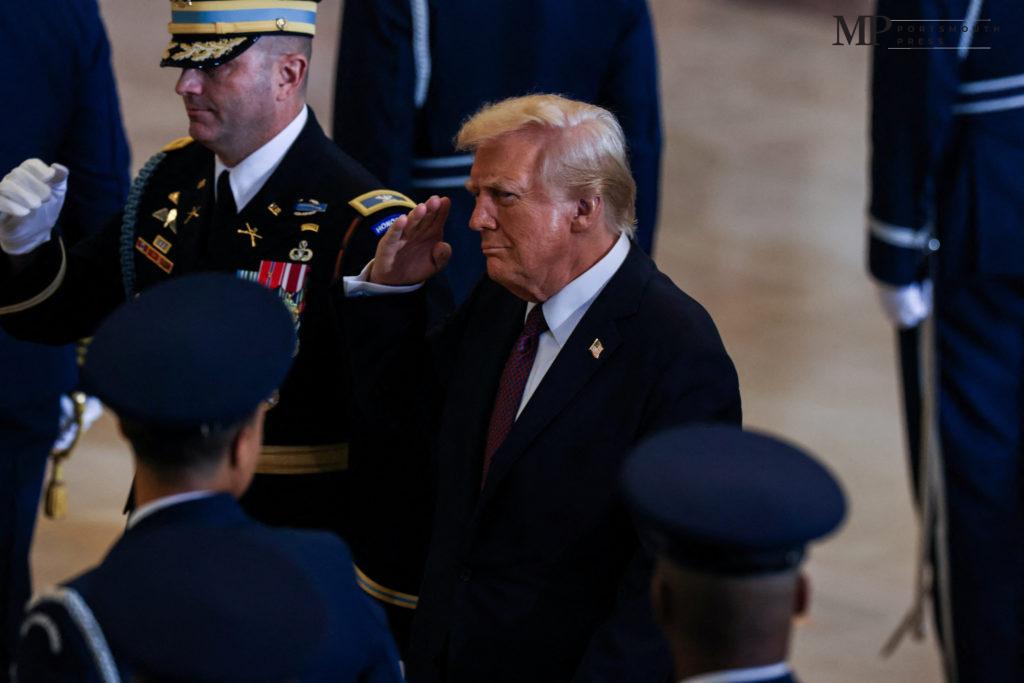In a bold move during his inaugural address, President Donald Trump made headlines by announcing plans to rename the Gulf of Mexico to the ‘Gulf of America.’ This proposal has sparked conversations and questions about whether a president can change the name of such an iconic body of water and what this means for U.S.-Mexico relations.
Why is Trump talking about renaming the Gulf of Mexico?
Trump’s announcement aligns with his long-standing views on border security and trade with Mexico. He argues that changing the name reflects a shift in control and ownership of the region, which he believes should reflect American influence. During his inauguration, he described the current name as a representation of history that may not align with today’s realities.
Can Trump change the name of the Gulf of Mexico?
The ability to rename geographical features lies within the powers of the presidency. Trump plans to execute this change through an executive order, which directs federal agencies to use the new name in official documents. However, making this name stick internationally is a different story, as there is no formal agreement that binds other nations to follow suit.
How did the Gulf of Mexico get its name?
The Gulf of Mexico has held its name for over four hundred years, with roots tracing back to Native American languages. Traditionally, names of geographical features are handed down through generations, reflecting the culture and history of the people who live alongside them. Changing such a storied name raises questions about the significance of cultural heritage and history.
Has renaming the Gulf of Mexico come up before?
Efforts to rename parts of the Gulf have surfaced in the past, such as a 2012 proposal by a Mississippi representative. In that case, while the name change was mostly viewed as a humorous suggestion, it reflects an ongoing dialogue about regional identity in America. Trump’s proposal brings these discussions back into focus, solidifying his stance on prioritizing American representation.
Are there other international disputes over the names of places?
Throughout history, disputes over place names have caused diplomatic tensions between countries. For example, the disagreement over the name for the body of water between Iran and Arab nations, whether it should be called the Persian Gulf or Arabian Gulf, shows how closely names are tied to national pride. Trump’s intention to unilaterally rename the Gulf of Mexico may spark similar reactions, as naming a geographic location often carries significant political weight.
| Name of Body of Water | Ongoing Dispute |
|---|---|
| Persian Gulf | Iran vs. Arab Nations |
| Sea of Japan | Japan vs. Korea |
| Mount McKinley | U.S. Shift Between Names |
While Trump has stated his ambition to change the Gulf’s name, the actual process and acceptance of this change will be complex. He has also referenced plans to revert the name of Mount Denali back to Mount McKinley, showcasing his intention to prioritize traditional names over recent changes. As bold as these moves are, the international repercussions could make this a much tougher battle than anticipated.
As the situation develops, lawmakers like Rep. Marjorie Taylor Greene are already working on legislation to support the name change, promising to allocate funds for updated maps and educational materials. However, many still remain skeptical about the feasibility of these proposals, emphasizing the deep-rooted history behind the name ‘Gulf of Mexico’ and the potential for strained international relations that could arise from such a unilateral decision.









